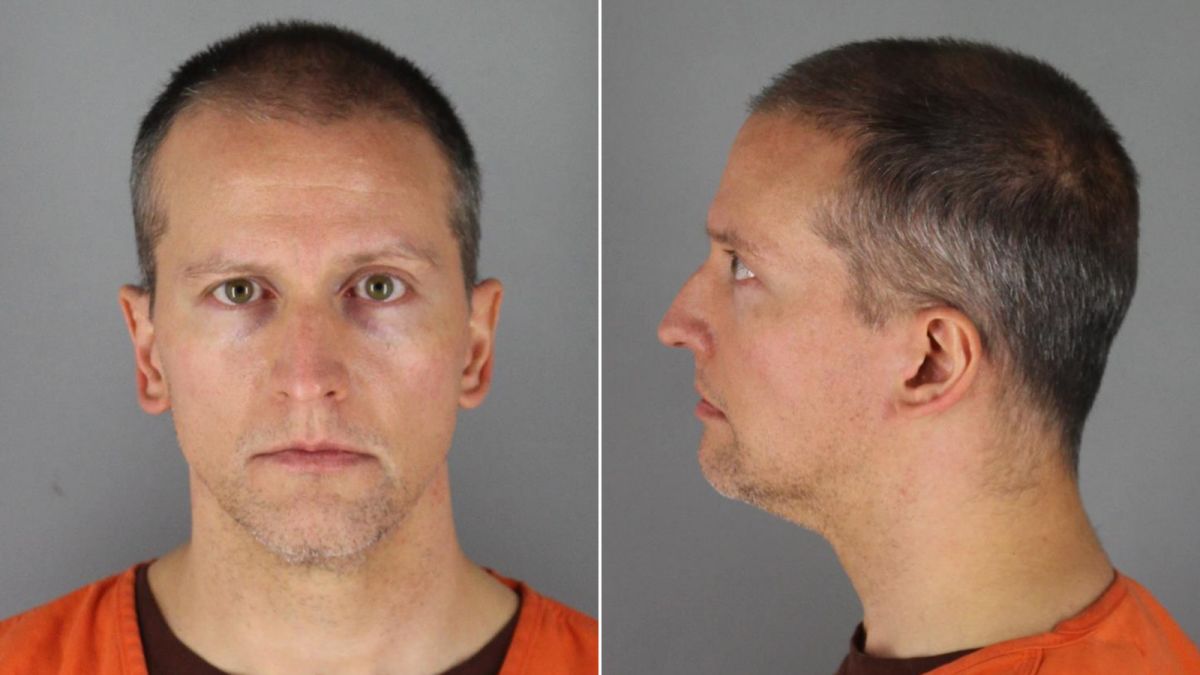Derek Chauvin, the former police officer who killed George Floyd, will appeal his conviction at a hearing on January 18.
According to court documents obtained by AllHipHop, Derek Chauvin listed several reasons why he believed his trial was unfair. His lawyers claimed the “pretrial publicity coupled with threats of violence poisoned the jury.”
Attorneys argued the size of the jury pool didn’t mitigate issues regarding prejudice against Derek Chauvin. They suggested there wasn’t a proper “cooling period” and complained about media coverage.
“The overwhelming media coverage had exposed the jurors—literally every day—to news demonizing Chauvin and glorifying Floyd was more than sufficient to presume prejudice in the Hennepin County community,” lawyers wrote. “This was not objective factual coverage. That publicity highlighted the unique pressures by the physical proximity to the events, the responding protests, and property destruction in Hennepin County.”
A jury found Derek Chauvin guilty of second-degree unintentional murder, third-degree murder and second-degree manslaughter. His attorneys claimed the jury proved its prejudice by finding him guilty on all three counts.
Derek Chauvin’s legal team took issue with him being charged with third-degree murder. They claimed his conviction should be overturned because “police officers cannot be convicted for felony murder under Minnesota law.”
“In order for a police officer to be convicted of murder, Minnesota statutes require the officer to be using ‘deadly force’—force one knows will cause either death or ‘great bodily harm,’” his lawyers wrote. “Putting your knees on the back of a suspect does not create a ‘substantial risk of causing, death or great bodily harm.’ The State says this is harmless because ‘[t]he jury would not have returned a guilty verdict on third-degree murder and found that Chauvin’s same act did not constitute a special danger to human life.’”
Derek Chauvin’s legal team accused the district court of abusing its power by rejecting a motion to change the venue of the trial. They felt their client was unfairly denied a hearing to investigate jury misconduct as well.
The attorneys also accused the prosecution of misconduct. They argued the trial was “structurally defective.”
Derek Chauvin asked the appeals court to overturn his conviction or remand his case for a new trial. At the very least, he sought a reduced sentence. The ex-cop was sentenced to more than 20 years in prison for George Floyd’s murder.
